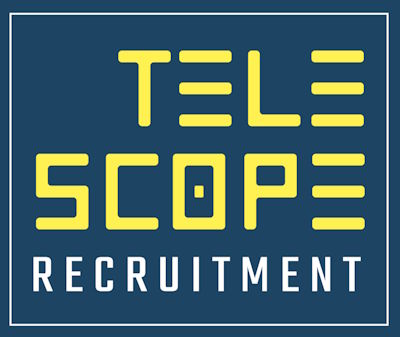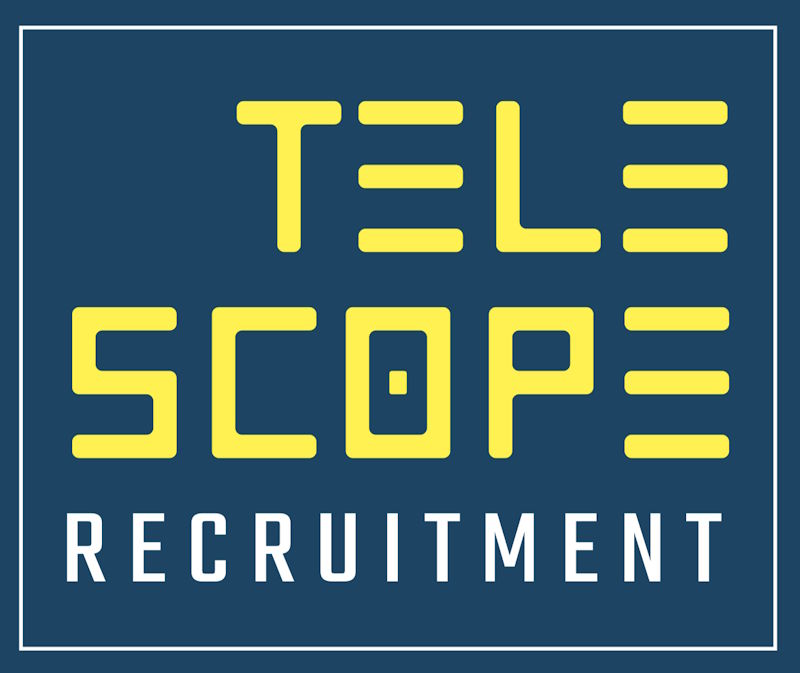Image by pch.vector on Freepik
Today’s employers face a complex set of challenges that impact their day-to-day operations and long-term objectives. From managing employee engagement to adapting to new technology, each issue requires strategic focus. Here’s a closer look at the most common sources of stress for employers and how they impact leadership and workplace management.
- Attracting and Retaining Talent
The competition for skilled workers is intense, especially in specialized fields like technology and healthcare. Beyond attracting the right candidates, employers face the added challenge of retaining talent, as employees increasingly prioritize flexibility, growth, and work-life balance. High turnover disrupts operations, so building strong onboarding and retention strategies is critical.
- Managing Productivity and Engagement
With remote and hybrid work models becoming the norm, employers need to keep employees engaged and productive without the usual in-person oversight. Balancing flexibility with accountability, while maintaining team cohesion, requires creativity and proactive engagement efforts. Employers must find ways to motivate and connect with remote teams, which can be difficult when traditional methods of fostering productivity don’t apply.
- Navigating Economic Uncertainty
Economic instability—from inflation to potential recessions—creates stress across the board. Employers often need to adjust budgets, revise growth plans, and scale back hiring, while ensuring they stay profitable. The added financial uncertainty puts pressure on decision-making and makes it harder to pursue expansion or risk-taking initiatives, pushing employers to be adaptable and financially savvy.
- Ensuring Compliance and Safety
Legal and regulatory requirements are constantly evolving, and employers must keep up with everything from workplace safety laws to labor regulations. Ensuring compliance can be time-consuming, but failing to do so risks costly fines or legal issues. Employers must manage these standards effectively, often without dedicated compliance resources, making it a challenging aspect of their role.
- Adapting to Technological Change
The rapid pace of technological change requires constant upgrades to remain competitive. However, implementing new tools and systems can be costly and disruptive, often requiring substantial retraining. Employers need to guide employees through change management, ensuring everyone is comfortable with new technologies, while managing costs and minimizing productivity disruptions.
- Fostering Diversity and Inclusion
Creating a diverse and inclusive workplace is essential for innovation and team cohesion, yet it’s not an easy task. True inclusion goes beyond hiring policies and requires a culture that values different perspectives. Employers often feel pressure to make meaningful changes, but establishing a truly inclusive environment takes time and a sustained commitment to equity and fair treatment.
- Supporting Employee Well-being and Mental Health
Employee well-being has become a higher priority in recent years, but managing mental health support is challenging. Employers face limited resources and may struggle to implement mental health programs that effectively meet employee needs. Balancing performance expectations with an environment that promotes mental well-being is crucial but requires careful planning.
- Managing Remote Work Dynamics
Remote work brings flexibility but also a unique set of challenges. Employers must find ways to sustain company culture, encourage collaboration, and monitor accountability in a dispersed work environment. They need to foster a balance between autonomy and team cohesion, which can be difficult without in-person interaction.
While these challenges are significant, employers can take proactive steps to address them:
*Strengthening hiring and retention processes** to attract talent and reduce turnover.
*Adopting technology selectively** and implementing structured change management to ease transitions.
*Communicating openly** and offering flexible policies to address financial challenges and employee well-being.
*Investing in diversity and inclusion efforts** and mental health resources to support a healthy workplace.
By addressing these stress points, employers can build resilient organizations that support both business growth and employee satisfaction. Adaptability, open communication, and empathy are essential for navigating today’s workplace challenges, helping employers create a work environment where everyone can thrive.
Partnering with Telescope Recruitment means embracing a visionary approach that illuminates your path to success. Together, we will reach new heights and create constellations of success that shine brightly in the cosmic realm of recruitment. Join us today and experience the difference we can make for your organization or career.





